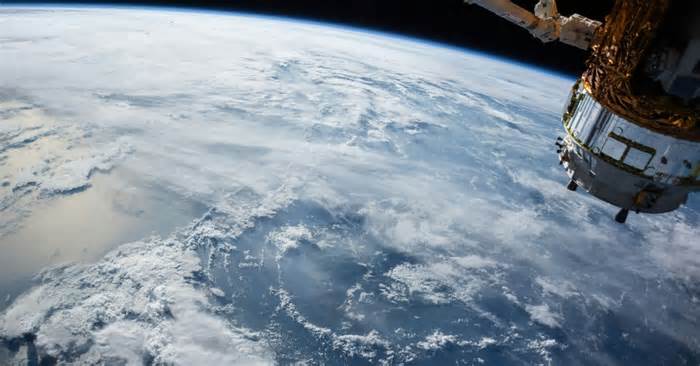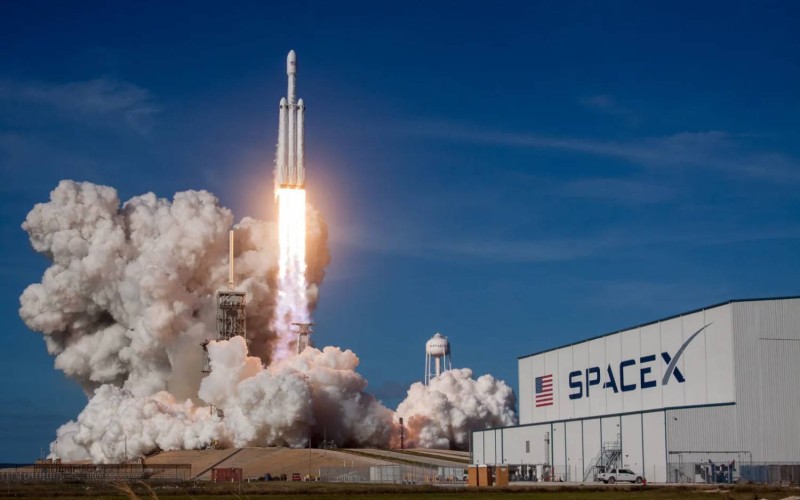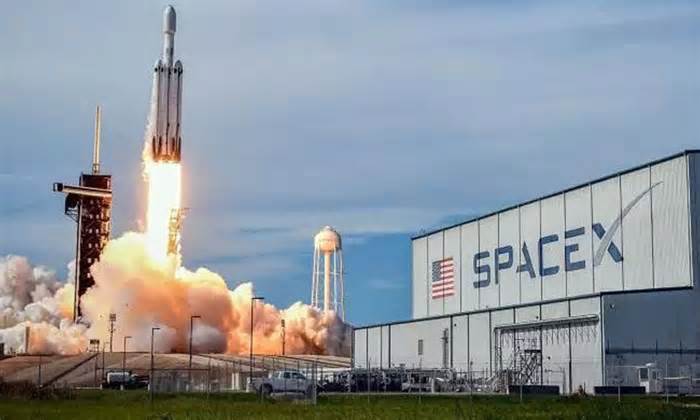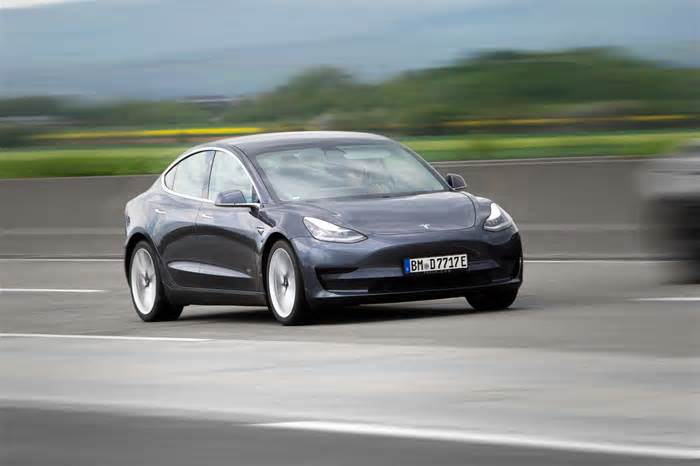
Starlink Must Meet Regulatory Requirements For Licence In India: Communications Minister Jyotiraditya Scindia
- by ndtvprofit
- Nov 12, 2024
- 0 Comments
- 0 Likes Flag 0 Of 5

12 Nov 2024, 05:14 PM IST
12 Nov 2024, 02:15 PM IST
12 Nov 2024, 05:14 PM IST
WhatsApp Save
Starlink, operated by SpaceX under Elon Muskâs leadership, aims to provide global satellite internet but must first meet Indiaâs regulatory and security requirements. The Indian government is awaiting the Telecom Regulatory Authority of Indiaâs recommendations on satellite spectrum allocation before issuing a licence. (Photo source: Unsplash)
India's Minister for Communications, Jyotiraditya Scindia, said that Elon Muskâs satellite internet venture, Starlink, will have to comply with all regulatory requirements before it can be granted a license to operate in the country.
Starlink must adhere to the necessary licensing procedures set forth by Indian authorities, Scindia said during a press briefing where he addressed the government's stance on satellite-based services and spectrum allocation.
This included fulfilling specific requirements mandated by the government to ensure compliance with national laws, security standards, and operational protocols, Scindia said, adding that the telecom ministry is awaiting the recommendations from the Telecom Regulatory Authority of India regarding the allocation of satellite spectrum. He added that the recommendations were expected to be received soon.
Starlink, which operates under Elon Musk's SpaceX, has garnered significant global attention for its satellite constellation providing high-speed internet services. According to its official website, Starlink is the worldâs first and largest satellite network using low Earth orbit to deliver broadband capable of supporting activities like streaming, online gaming, and video calls. The company has positioned itself as a key player in providing reliable internet access to remote areas, leveraging its ability to launch satellites through SpaceXâs rockets.
As of now, India has granted licences to other satellite broadband providers, such as OneWeb, backed by the Bharti Group, and the Jio-SES joint venture, Jio Satellite Communications.
Further, Scindia spoke about the various measures that have been taken to improve the quality of service and reduce call dropping.
"Monitoring of mobile service quality will now be done monthly, starting April 2025, as opposed to quarterly previously. Now, cell-level monitoring of key parameters like network availability, call drop rates, will be donw versus tower-level earlier," he said.
Additionally, there will be financial penalties if standards are not met. "Graded financial disincentives will be imposed for non-compliance, upto Rs 3 lakhs penalty per parameter, for consecutive non-compliances with defined standards across roughly 30 parameters," he said.
"Latency benchmarks will aligned with global standards and new parameters for Jitter and Packet drop rates will be introduced against earlier frameworks wherein there was no standard for packet drop rates," he said.
There will also be stricter benchmarks for network availability, call drop rates, and latency, which will be implemented gradually over 6 months to 2.5 years.
On servicing bank debts of MTNL, Scindia said there's no issue on government debt, and that the monetization of assets of MTNL will follow due process, while its business will be transferred to BSNL.
ALSO READ
Please first to comment
Related Post
SpaceX to launch India’s GSAT satellite
- Nov 17, 2024
Stay Connected
Tweets by elonmuskTo get the latest tweets please make sure you are logged in on X on this browser.
Sponsored
Popular Post
Tesla: Buy This Dip, Energy Growth And Margin Recovery Are Vastly Underappreciated
28 ViewsJul 29 ,2024






 Energy
Energy


















